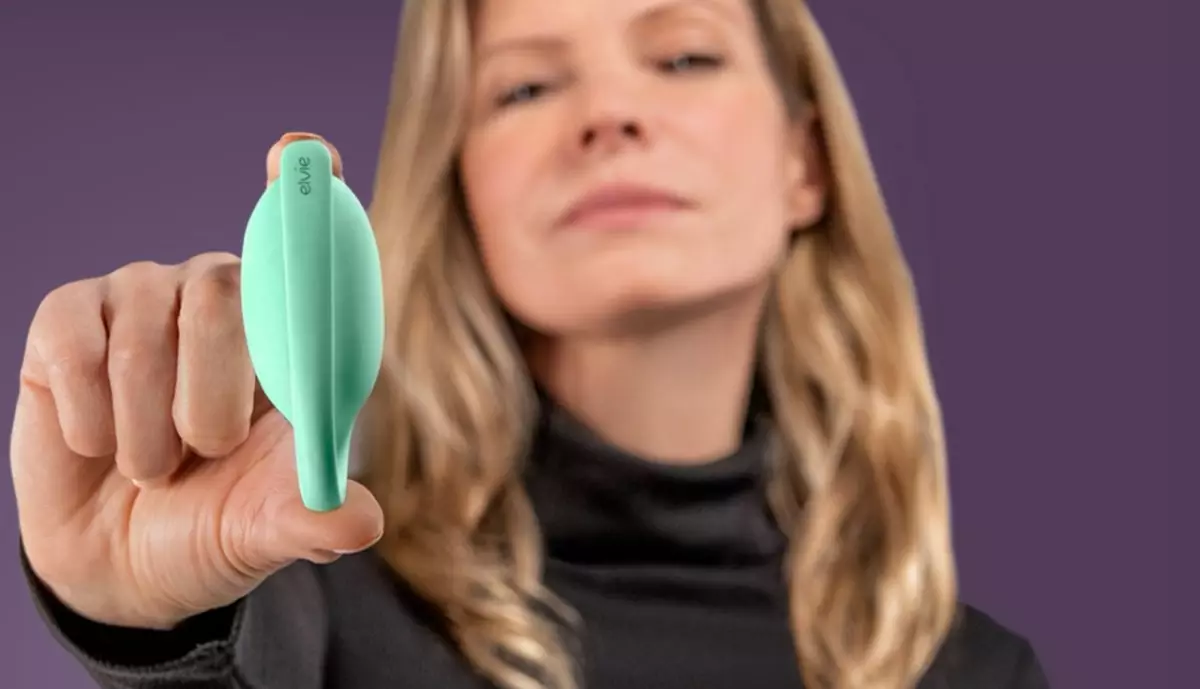In the evolving landscape of women’s health, innovation has become a cornerstone of progress. Startups focused on addressing the unique health needs of women through technology—such as connected breast pumps and advanced period trackers—have collectively garnered over $5 billion in funding over the last five years. This surge in investment underscores a growing recognition of women’s health as a critical area for development. However, the recent announcement of Willow, a San Francisco-based startup known for its wearable breast pumps, acquiring the London-based Elvie—famed for its tech-savvy Kegel trainer and breast pumps—sends a powerful signal about the shifting dynamics within this sector.
This acquisition is not just about two companies merging; it reflects a broader trend toward consolidation as competition intensifies and financial realities set in. With Elvie entering administration amid shifting market conditions, it becomes evident that even promising players in the sector are not immune to challenges.
Financial Struggles and Market Realities
Elvie’s predicament emphasizes the harsh realities facing many startups in the women’s health sector today. Although the estimated market value is around $60 billion, it has become increasingly difficult for even well-funded companies to sustain growth. Elvie’s journey has included raising an impressive $186 million from notable investors such as Octopus Ventures and BlackRock. Despite this, a declining valuation and eventual bankruptcy highlight the immense pressure that late-stage startups experience.
The narrative around valuations speaks volumes about the current investment climate. While Willow has raised approximately $254 million and initially reached a valuation of $256 million, ongoing economic uncertainty and market saturation have since led to a decline. Willow’s CEO, Sarah O’Leary, hinted at the company’s plans to seek additional funding later this year, suggesting an ongoing quest for financial viability amidst an ever-tightening market.
Challenges Unique to Women’s Health
What lies behind these troubling trends? Several key factors contribute to the hurdles faced by women’s health startups. First and foremost are the operational challenges inherent in hardware production. Unlike software or digital solutions, hardware requires not only substantial funding but also savvy management of supply chains and production lines—areas where many companies falter. As O’Leary noted, the entry of cheaper alternatives into the market has made it increasingly difficult for products developed with higher quality and advanced technology to maintain their pricing power.
Furthermore, the implications of recent controversies, particularly relating to user health data management, have raised alarms about data privacy. The political climate surrounding reproductive rights has heightened scrutiny on businesses operating in the domain of women’s health, suggesting that companies in this field must tread carefully to protect both their consumers and their brand integrity.
A New Era of Consolidation
Despite these challenges, the merger of Willow and Elvie may represent the dawn of a new era in the women’s health sector. As companies consolidate, they may be better positioned to create comprehensive platforms that address multiple facets of women’s health. By absorbing Elvie’s technology and staff, Willow aims to build a more extensive and cohesive product lineup that could attract greater consumer loyalty and engagement.
The potential for a consolidated platform may counterbalance the financial struggle these startups face. As individual companies falter, the promise lies in strategic mergers that can create stronger, more resilient entities capable of navigating the turbulent waters of funding and market demand.
A Shifting Perspective on Women’s Health Tech
There is an undeniable shift in how technology intersects with women’s health. Innovations in data analytics, the advent of cloud computing, and the proliferation of smartphones have democratized access to health information, empowering women to take control of their health like never before. This democratization has fostered a culture of demand, where women expect technology to serve their unique needs, driving startups to innovate and iterate at a breakneck pace.
However, as Willow embarks on this new venture, it must also grapple with the younger consumer’s ever-increasing expectations. They seek not just products but solutions that prioritize their holistic well-being. Willow’s mission to profit from its software and hardware solutions will depend on its ability to adapt to changing consumer preferences, ensuring that it remains relevant in an increasingly competitive market.
While the merger of Willow and Elvie points toward potential reinvigoration in the sector, it also highlights the pressing need for innovative strategies that can navigate the complexities of women’s health—both the products designed for it and the dynamics of the marketplace itself.

